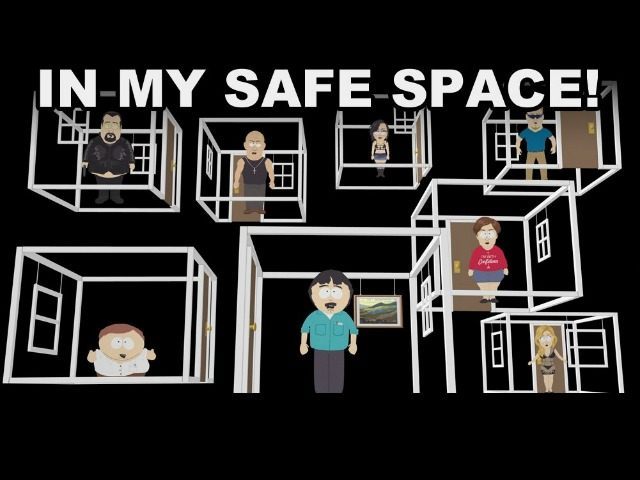Students at the prestigious Amherst College demanded protection from the “hurtful” ideas of a recent guest speaker, radio talk show host Michael Graham.
Graham, who was fired from his radio talk show twelve years ago for tying Islam to terrorism, was one of several speakers on a panel entitled, “Why Military Action After 9/11 Was Justified and Saved American Lives,” that took place at the end of September.
Last week, members of the Muslim Students Association and South Asian Students Association at Amherst College penned an open letter arguing that Graham’s presence on campus posed a threat to their physical safety.
“No student should ever have to feel afraid for their safety or have to wake up in the morning knowing that there are other students on this campus who hate them for an integral part of their identity and are willing and able to voice these hurtful ideas on a public platform,” the letter reads.
“The issue is not only what Graham expressed, but how he was able to express fictitious, hateful views here. This is an issue of accountability, both on the parts of student organizations, who host speakers, and the administration, which carries a responsibility to safeguard the interests of its students,” the letter continues. “When deciding to bring speakers to campus, student organizations should conduct research beforehand to ensure that the speaker shares the views of the organization and will not subject individuals to hateful rhetoric.”
The letter demanded that the college provide protections for students who felt victimized by Graham’s presence on campus. “Moving forward, there needs to be conversation regarding the role of the administration in protecting its students from bigotry and prejudice,” they added.
Responding to the criticisms, an Amherst College spokesperson argued that the college has a commitment to the freedom of expression, even from speakers whose expression may be offensive to some members of their community. “The College’s commitment to freedom of expression generally means we must allow students the freedom to host speakers, including those whose speech may be offensive to many, as long as it does not constitute an incitement to violence or pose a threat to physical safety,” Amherst College spokesperson Caroline Hanna remarked in a statement.

COMMENTS
Please let us know if you're having issues with commenting.